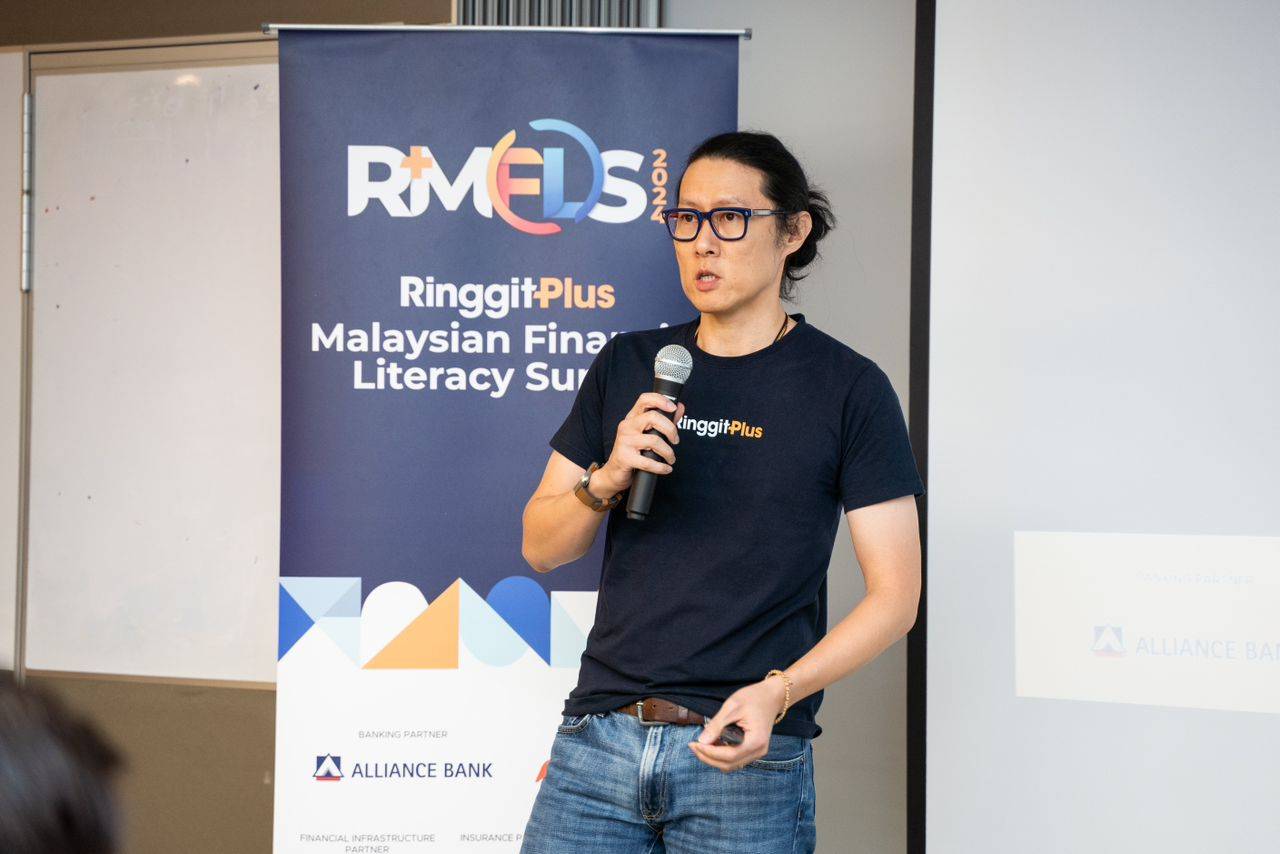Digital financial literacy on the rise, boosted by campaigns
With campaigns like "Jangan Kena Scam" and the advancements in fraud detection and prevention, Malaysia was on its way to becoming a financially empowered nation.

KUALA LUMPUR - As digital tools become an integral part of personal finance management, Malaysia has shifted its focus towards enhancing digital financial literacy.
The 2024 Malaysian Financial Literacy Survey (RMFLS), conducted by RinggitPlus, highlighted significant improvements in financial habits, alongside areas requiring further attention.
In 2023, the focus began to transition from general financial literacy to digital financial literacy, reflecting the growing need for awareness in the face of increasing cyber threats.
One of the key findings from the 2023 survey was that 94 per cent of respondents reported encountering potential fraud or scams.
However, there was encouraging news in 2024, as this figure dropped to 86 per cent.
Additionally, 38 per cent of respondents noted a decrease in scam attempts compared to previous years, indicating positive strides in the fight against online fraud.
RinggitPlus chief executive officer Yuen Tuck Siew credited this decline to the concerted efforts of Malaysian banks and regulatory authorities in combating online scams and fraud.
"We’ve seen a noticeable drop in fraud encounters, thanks to campaigns like the "Jangan Kena Scam" campaign," Yuen said during the unveiling of the survey results at Menara Etiqa, here, today.
The campaign has been particularly effective, with 56 per cent of respondents directly acknowledging their role in helping them avoid becoming victims of financial fraud.
Despite these successes, there remained a pressing need to continue educating the public on scam prevention.
The RMFLS revealed that 32 per cent of Malaysians were still uncertain about what to do if they fall victim to fraud or scams, highlighting the importance of improving public awareness of proper response steps, such as reporting fraud to the authorities.
Progress and areas for improvement
This year’s survey covered 3,319 Malaysians aged 18 and above, ensuring diverse representation in terms of gender, race and geographic location.
The results revealed promising developments across key financial security indicators, while also highlighting the ongoing need for improved digital financial literacy.
As Malaysia becomes more digitised, with 95 per cent of respondents using at least one e-wallet and 45 per cent holding accounts with digital banks, the shift to digital tools was undeniable.
The rise of online financial products like digital insurance and takaful preferred by 29 per cent of respondents was also gaining traction.
However, with the increased reliance on digital platforms, trust in social media as a source of financial information was growing.
This further emphasised the need for robust education to help individuals discern credible advice from misinformation.
Role of technology in scam prevention

Efforts to combat fraud were evolving, with innovative technologies like AI playing a crucial role in prevention.
PayNet chief marketing officer Gary Yeoh, emphasised the importance of early intervention.
He recommended that individuals who suspected they have been scammed should immediately contact the National Scam Response Centre by dialing 997 to help stop fraudulent transactions in their tracks.
"We’ve launched the National Fraud Portal, an automated system that allows quicker tracing of funds and prevents fraudulent transactions from escalating," Yeoh said during panel discussion.
Also present at the event were FWD chief marketing officer Susan Ong, CTOS Community Outreach and Events manager Noor Hazwani Mohamad Noor and Alliance Bank Consumer Banking head Gan Pai Li.
Yoeh also stressed that the focus should be on prevention rather than recovery, with future aspirations including using AI to halt fraud attempts before they succeed.
Looking ahead
As Malaysia continued to embrace digital banking and other financial technologies, the RMFLS findings highlighted the need for ongoing efforts to enhance digital financial literacy and public awareness.
With campaigns like "Jangan Kena Scam" and the advancements in fraud detection and prevention, Malaysia was on its way to becoming a financially empowered nation.
However, the continued cooperation between regulators, banks and the public will be vital in safeguarding Malaysians from evolving scams.
Whether it was through AI to prevent fraud or ensuring more people know how to respond when scammed, one thing remained clear, there was still work to be done.










